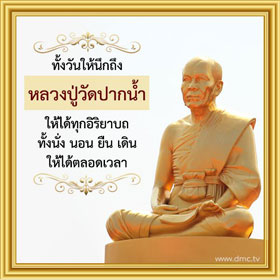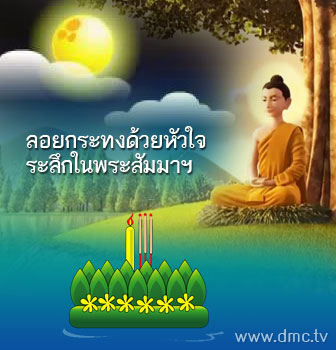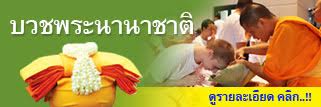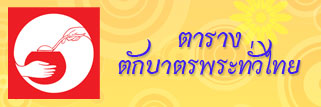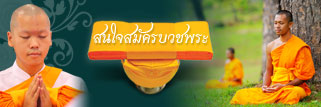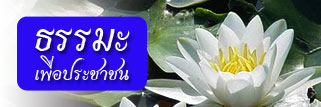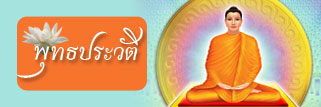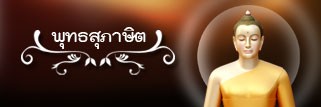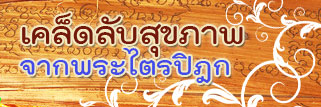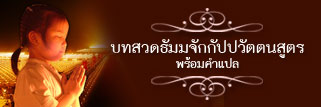Meditation for BeginnersThe Noble Eightfold Path on the Mundane Level # 3Having heard Anathapindika’s advice, the Buddha summoned Sujata.He asked Sujata of the following seven sorts of wife:3. Right SpeechThe sort of wholesome speech which arises from a mind which is wholesome at the mundane level is well illustrated by the tale of Sujata, the younger sister of Visakha. This lady was the sister in law of Anathapindika but was very haughty because she heired from a weakthy family. She had consideration neither for her husband nor her parents-in-law. Sujata wasw wont to use harsh speech and this led to conflict in the home.One day, Anathapindika invited the Buddha and his monks to his own home. From a distance, the Buddha heard the sound of argument coming from the house and asked Anathapindika about the possible reason behind such a conflict. Anathapindika replied that the cause was the arrogance of Sujata, his sister in law, who looked down on everyone else.Having heard Anathapindika’s advice, the Buddha summoned Sujata. He asked Sujata of the following seven sorts of wife:1. A wife like an enemy [vadhaka samabhariya];2. A wife like an robber [cori samabhariya].3. A wife like an boss [ayya samabhariya];4. A wife like an mother [mata samabhariya];5. A wife like an little sister [bhagini samabhariya];6. A wife like an friend [sahaya samabhariya];7. A wife like an slave [dasi samabhariya];A wife like an enemyWhich sort she would like to be? Having heard the Lord Bud dha’s question, Sujata asked the Lord Buddha to explain what He meant by each of the seven categories. The Lord Buddha thus explained as follows:1. A wife like an enemy: When a wife is cruel to her husband instead of being compassionate, when she brings no benefit to her husband, but is interested only in other men, looking down on her husband –even when her husband is the one to pay her dowry in the first placr – having no gratitude to her husband, and even going as far as attempting to kill her husband in some cases – a wife with such characteristics is a wife like an enemy;2. A wife like an robber: A wife who is full of greed and who tries deviously to extract as much money as possible out of her husband for her own self-interest, without thinking how hard he has had to work to earn it –a wife with such characteristics is a wife like a robber;3. Awife like an boss: a wife who is lazy, who constantly awaits the chance to sit down or lie down and rest instead of helping with her various duties, lacks helpfulness, uses threats and insults to goad her husband into doing her work in her place, but who prohibits her husband from treating her in such a way – a wife with such characteristics is a wife like aq boss;4. A wife like an mother: A wife who is full of compass sion, who loves her husband, who helps and is a credit to her husband, who looks afterher husband’s health when he is ill, like a mother would look after her own children-a wife with such characteristics is a wife like a mother;
A wife like an boss5. A wife like an little sister: A wife who is ashamed of evil and who fears the consequences of evil, who respects and looks up to her husband as if he were her big brother –a wife with such characteristics is a wife like a little sister;6. A wife like an friend: a wife who is generous and sincere who empathizes with her husband in all he dose like a friend who goes together through thick and thin – a wife with such characteristics is a wife like a friend;7. A wife like an slave: wife who allows herself to be abused, slapped or beaten by her husband without be coming angry or vengeful and without blaming her husband, who is contented to be completely dominated by her husband-a wife with such characteristics is a wife like a slave.The first three categories of wife, a wife like an enemy, a wife like a robber and a wife like a boss will pass away into hell at the end of their lives as a result of the bad karma they have accumulated for themselves.The remaining four types of wife, i.e. a wife like a mother, a wife like a little sister, a wife like a friend and a wife like a slave will pass away into heaven at the end of their lives as a result of the good karma they have accumulated for themselves.Having heard the teaching of the Buddha, Sujata bowed at the feet of the Buddha and asked to take refuge in the Triple Gem for the rest of her life. From that time onwards, having became a Buddhist laywoman, she gave up all her False Speech and established herself in Right Speeech at the mundane level.A wife like an little sisterThose who have reached the stages of Buddhist sainthood such as that of the ‘stream-enterer’ have transcended the mental formations that produce False Speech. Overcoming False Speech in this way is called Transcendental Right Speech [lokuttarasammavaca] by Transcendental Abstinence [samuccheda-virati]. They have absolutely uprooted False Speech rom the mind, never to let it return, in a way illustrated by some disciples of the Lord Buddha who lived in Savatthi.Once there was a festival which had been organized by fools. It was called the ‘Festival of Fools’ and lasted for seven full days. The fools of the town would sit in a circle and get drunk before going around the neighborjhood shouting crude words outside peoples’ houses. If the inhabitant of a house paid them some money, they would go and stout elsewhere.A certain group of the Buddha’s followers had already attained ‘stream-entry’ (Sotapana fruit). Having paid the shouting fools their dues, they locked themselves in their houses for seven days, meditating on the Buddha, the Dhamma and the Sangha. Only when the Fools’ Festival was over did they emerge from their houses and go to visit the Buddha. They told him that they had confined themselves to their houses because of a festival by fools possessed of False Speech and for that reason had not been able to attend to the Buddha.The Buddha subsequently gave the teaching that “Fools know neither benefit in this lifetime or the next. They are unable to find wisdom and are constantly established in recklessness. By contrast, the wise who know benefit in this lifetime and the next are constantly established in non-recklessess-in just the same way that the heir of esven sorts of jewel from a family wealthy in the past would take good care of his legacy.”Such disciples were maintaining Right Speech at the transcendental level.

http://goo.gl/q7q2a











 พิมพ์บทความนี้
พิมพ์บทความนี้
